Over the years, our Party and State have always considered people as both the goal and driving force of the country's development process, and the center of socio -economic policies. All policies and guidelines of the Party, policies and laws of the State strive to serve people, all for people.
Article 3 of the 2013 Constitution stipulates: “ The State ensures and promotes the people's right to mastery; recognizes, respects, protects and guarantees human rights and citizens' rights; and realizes the goal of a rich people, a strong country, democracy, fairness, civilization, where everyone has a prosperous, free, happy life and has conditions for comprehensive development.”
[caption id="attachment_596352" align="alignnone" width="768"]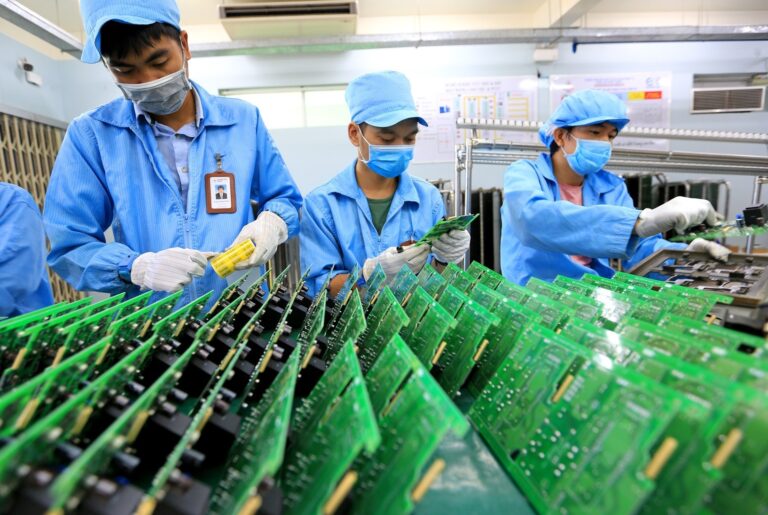 Improving the quality of enjoyment of human rights in general, and economic, social and cultural rights in particular, is the responsibility of the Party, the State and the whole society. (Photo: VNA)[/caption]
Improving the quality of enjoyment of human rights in general, and economic, social and cultural rights in particular, is the responsibility of the Party, the State and the whole society. (Photo: VNA)[/caption]Improving the quality of enjoyment of human rights in general, and economic, social and cultural rights in particular, is the responsibility of the Party, the State and the whole society, demonstrating the good nature of the Vietnamese socialist rule-of-law State of the people, by the people, and for the people.
On the basis of the 2013 Constitution, along with continuing to promote administrative reform, judicial reform, and streamlining the apparatus, to ensure economic, social and cultural rights in our country, a series of legal documents have been issued, specifically: the Law on State Compensation Liability 2017, the Law on Environmental Protection 2014, the Investment Law 2018, the Civil Code 2015, and the Law on Anti-Corruption 2018.
This has brought about many positive results, contributing significantly to helping the State have more favorable conditions to invest and pay attention to priority goals such aseducation , healthcare, hunger eradication, poverty reduction, and support for economically disadvantaged regions...
In our country, the right to ownership and the right to freedom of business are constitutional rights, recognized in Articles 32-33 of the 2013 Constitution. A particularly noteworthy point is that the 2013 Constitution has expanded the subjects of ownership rights from “citizens” to “everyone”. This demonstrates the progress in the thinking of Vietnamese constitution makers, meeting the requirements of world integration and in line with international practice.
It can be seen that our State always gives incentives, encourages and creates all conditions for everyone to exercise their right to freedom of business. Over the past time, the number of enterprises has continuously increased.
Regarding the right to social security, the Vietnamese State always advocates placing social security policies on par with economic policies, in line with resources in each period. The social security policy system is implemented in 3 groups: risk prevention policies, focusing on sustainable employment; risk reduction policies; risk recovery policies. Vietnam has made remarkable progress in hunger eradication, poverty reduction, human development as well as improving the quality of life.
Regarding the right to work and the development of the labor market, we have developed and promulgated many legal documents related to this issue. Typically: the 2013 Law on Employment, the 2015 Law on Occupational Safety and Health, the 2014 Law on Vocational Education, the 2014 Law on Social Insurance (amended in 2018), the 2019 Labor Code... and a series of other implementing documents. To date, Vietnam has ratified 20 Conventions of the International Labor Organization (ILO).
[caption id="attachment_596974" align="alignnone" width="768"]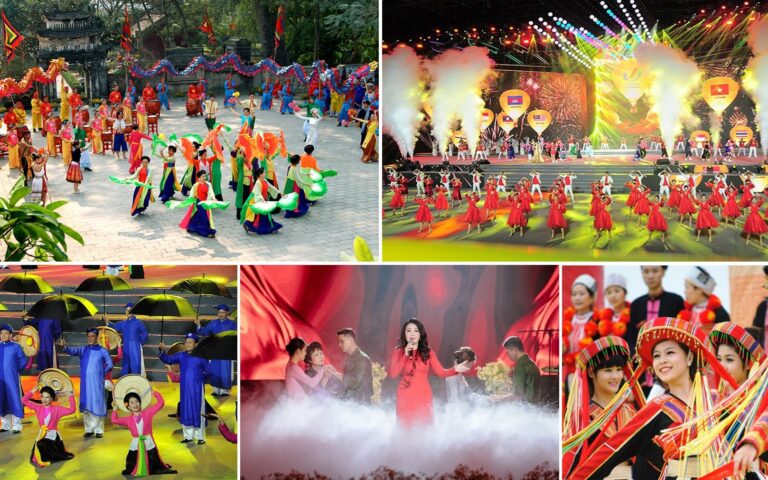 (Illustration photo: Government Newspaper)[/caption]
(Illustration photo: Government Newspaper)[/caption]Regarding cultural rights, special attention has been paid to improving the effectiveness of state management of culture, encouraging and promoting freedom in artistic creation. The system of legal documents and policies on culture has been gradually improved, creating conditions to improve the effectiveness of state management of culture, typically: Law on Cultural Heritage 2001 (amended in 2009), Law on Advertising 2012, Law on Publishing 2012, Law on Libraries 2019, etc.
Many cultural heritages have become complete cultural and tourism products, both the driving force and the target for the development of the key economic sector of tourism. The work of collecting, maintaining and restoring relics has always been of interest to the authorities and has achieved many practical results.
Thus, with the legal system that has been promulgated and the practical implementation process, it can be seen that basically, economic, social and cultural rights in our country are being ensured and implemented better and better. Currently, Vietnam has become a member of 7/9 key international conventions on human rights, including the International Covenant on Economic, Social and Cultural Rights ICESR (Vietnam joined on September 24, 1982).
Tra Khanh


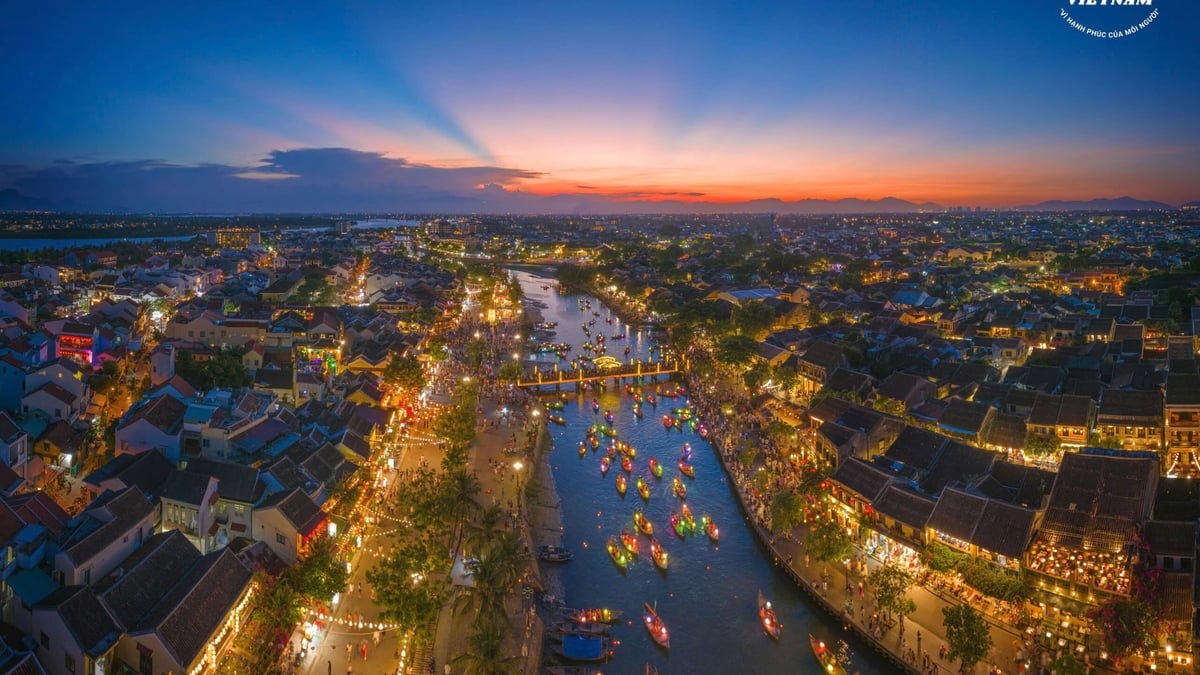

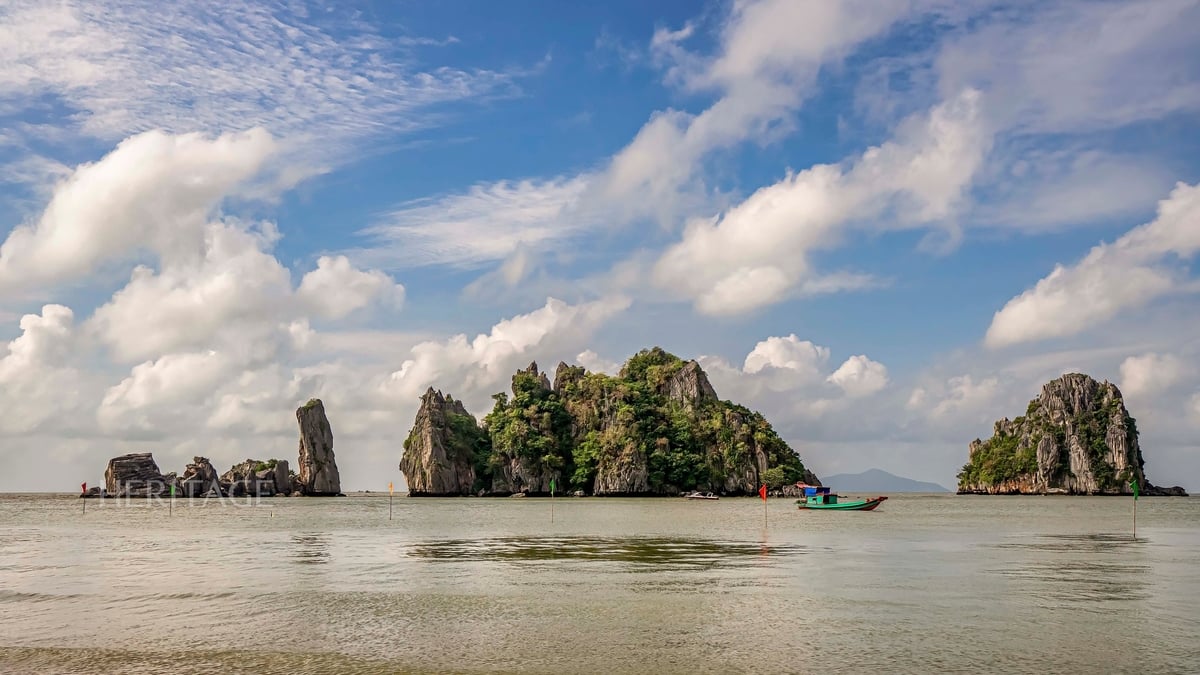




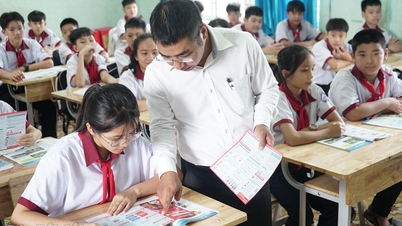




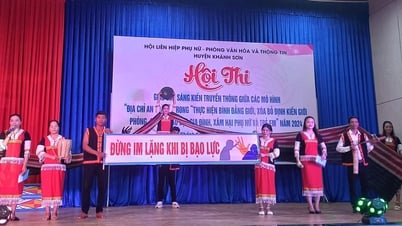






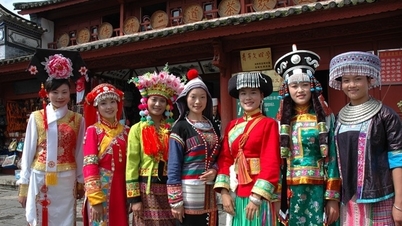

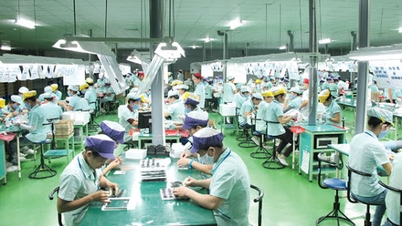
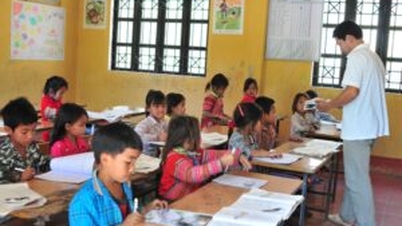





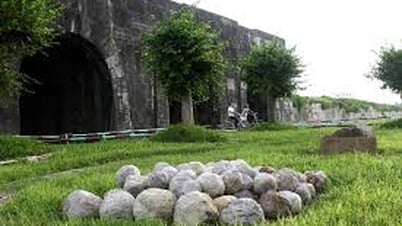

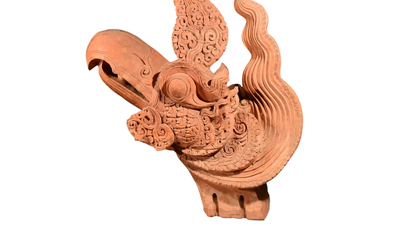



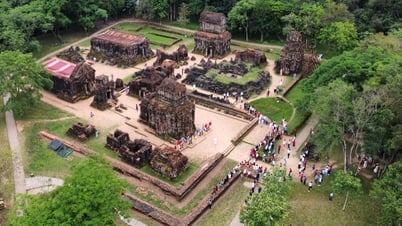
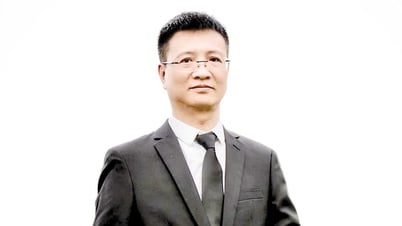



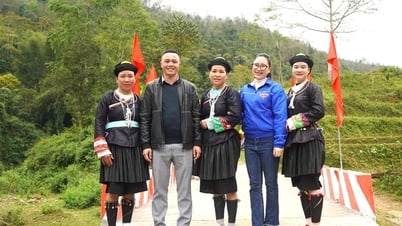

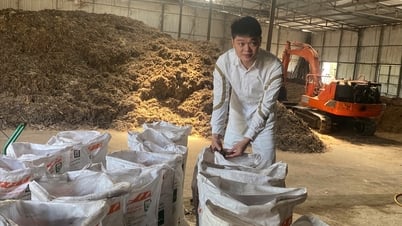
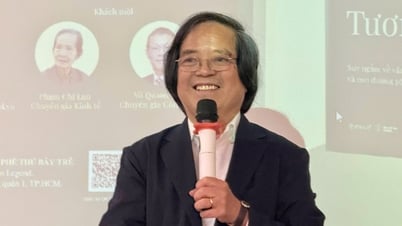



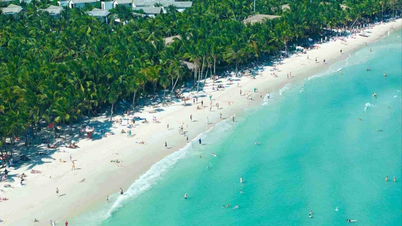





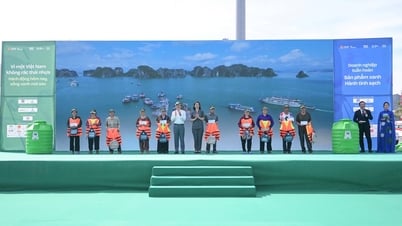

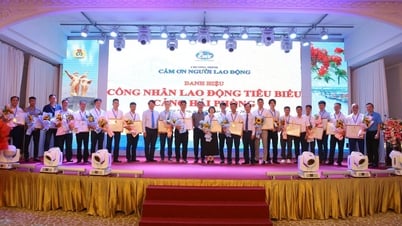
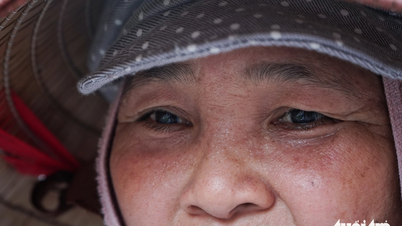
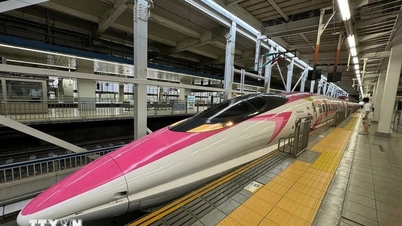


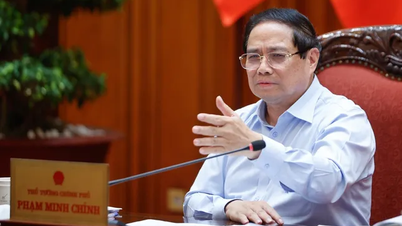

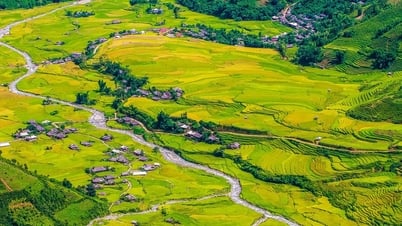


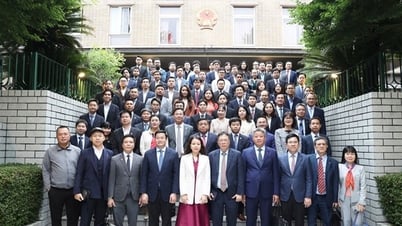



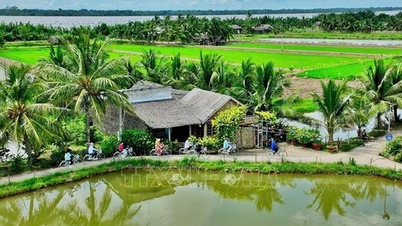
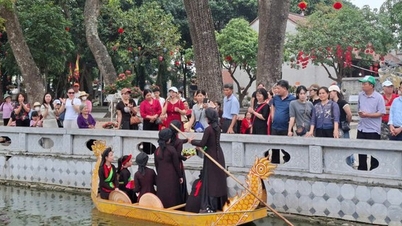
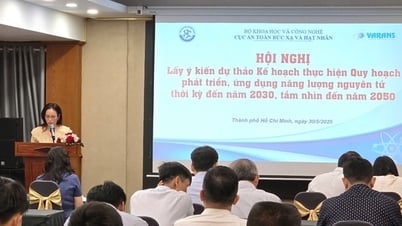
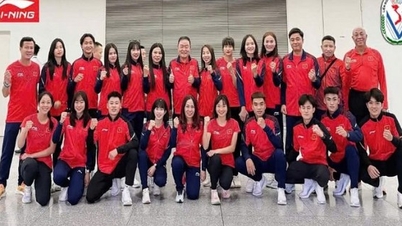


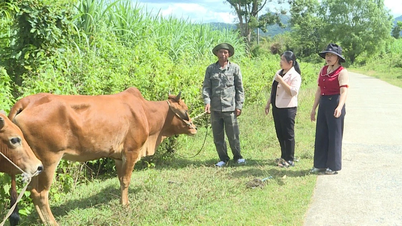
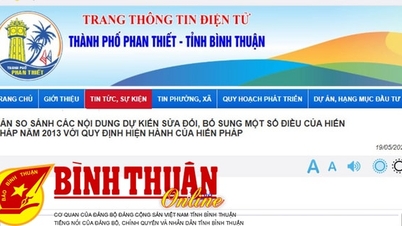





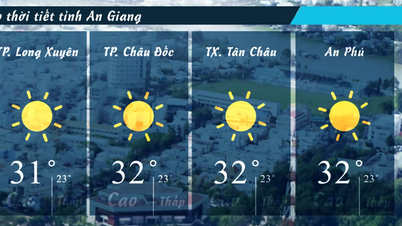

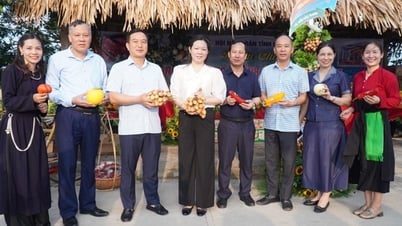

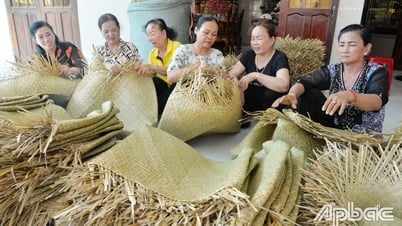







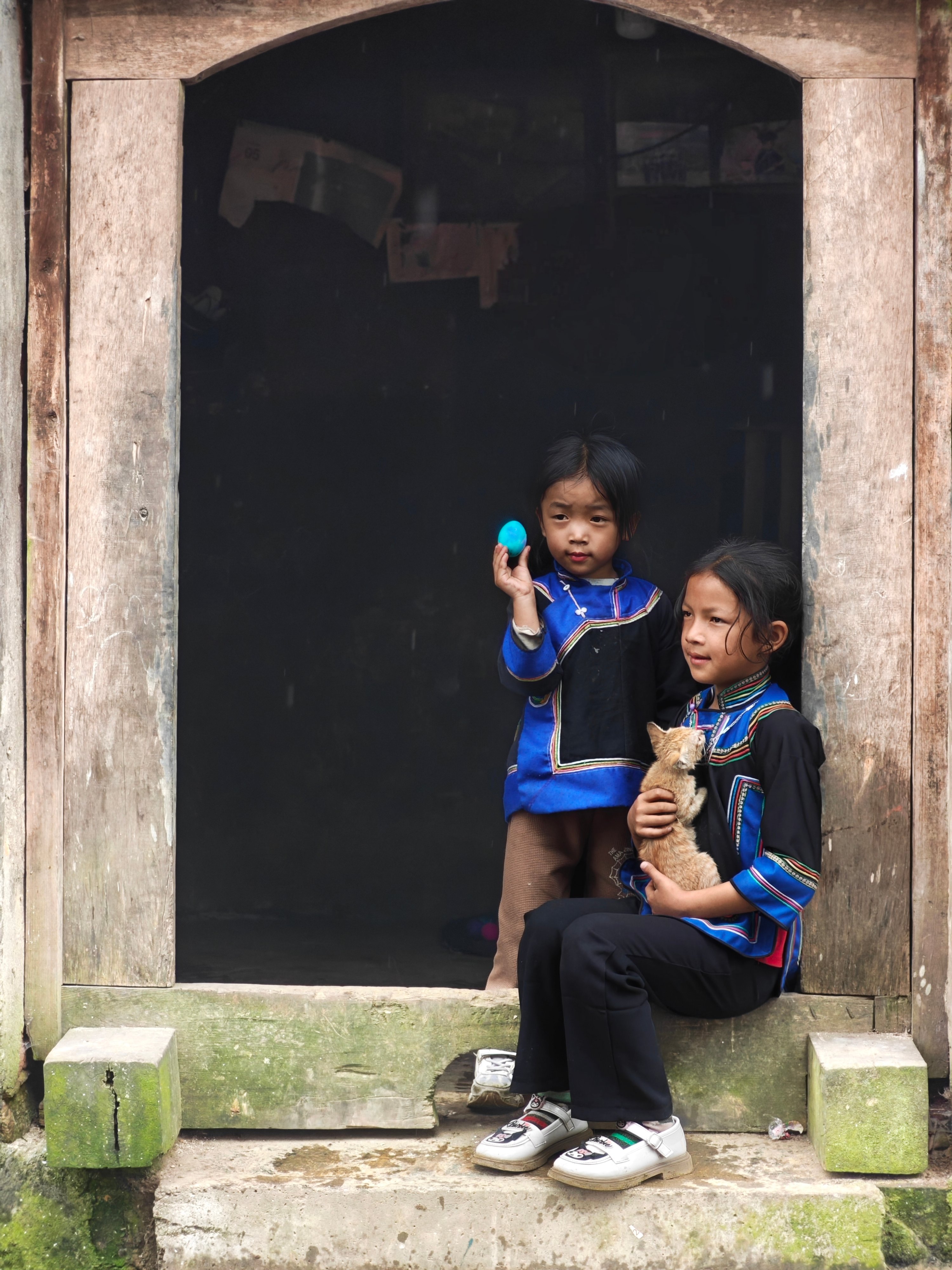
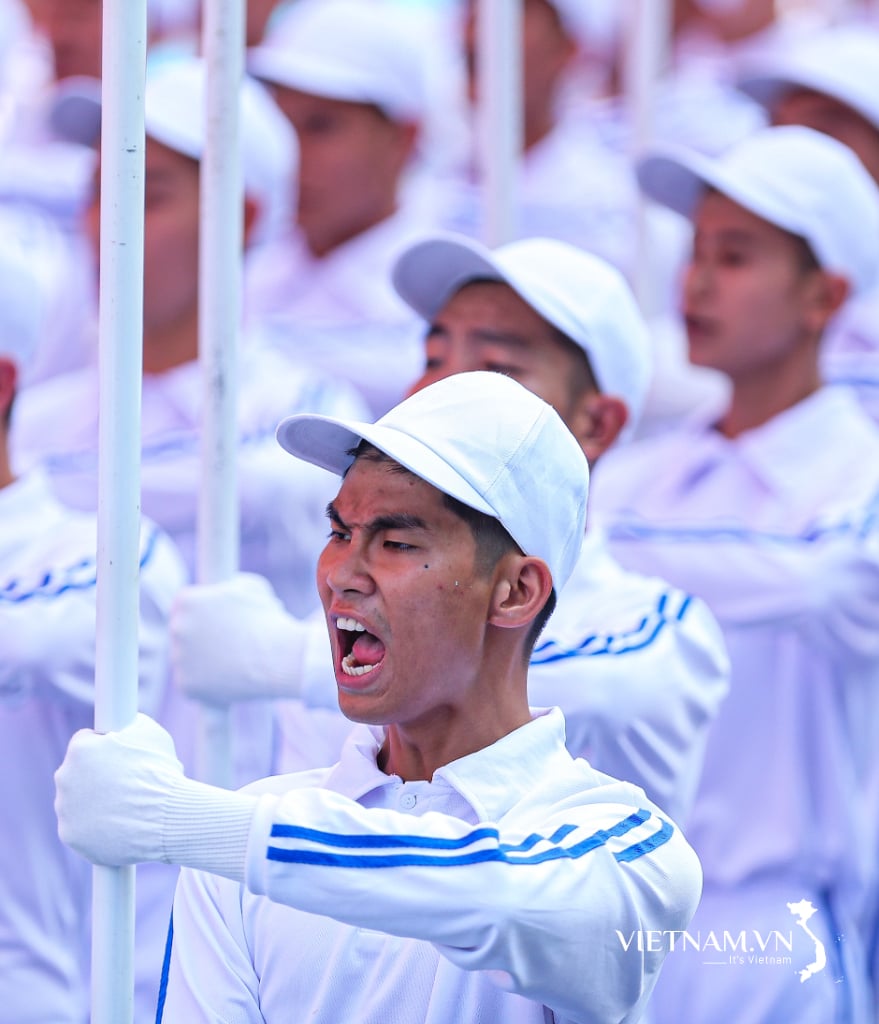

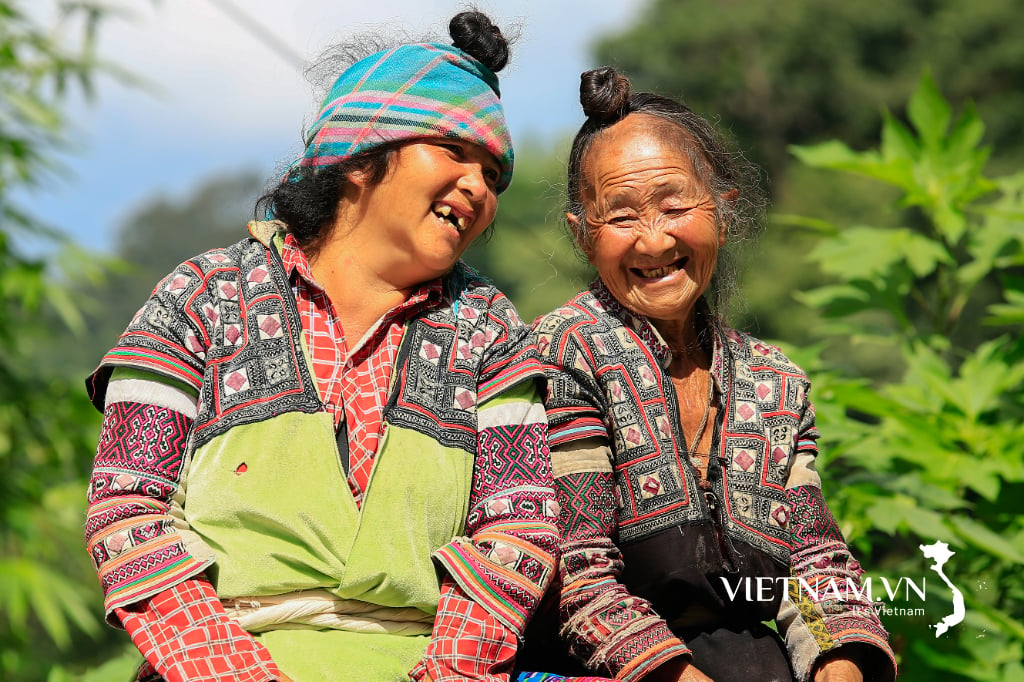
Comment (0)